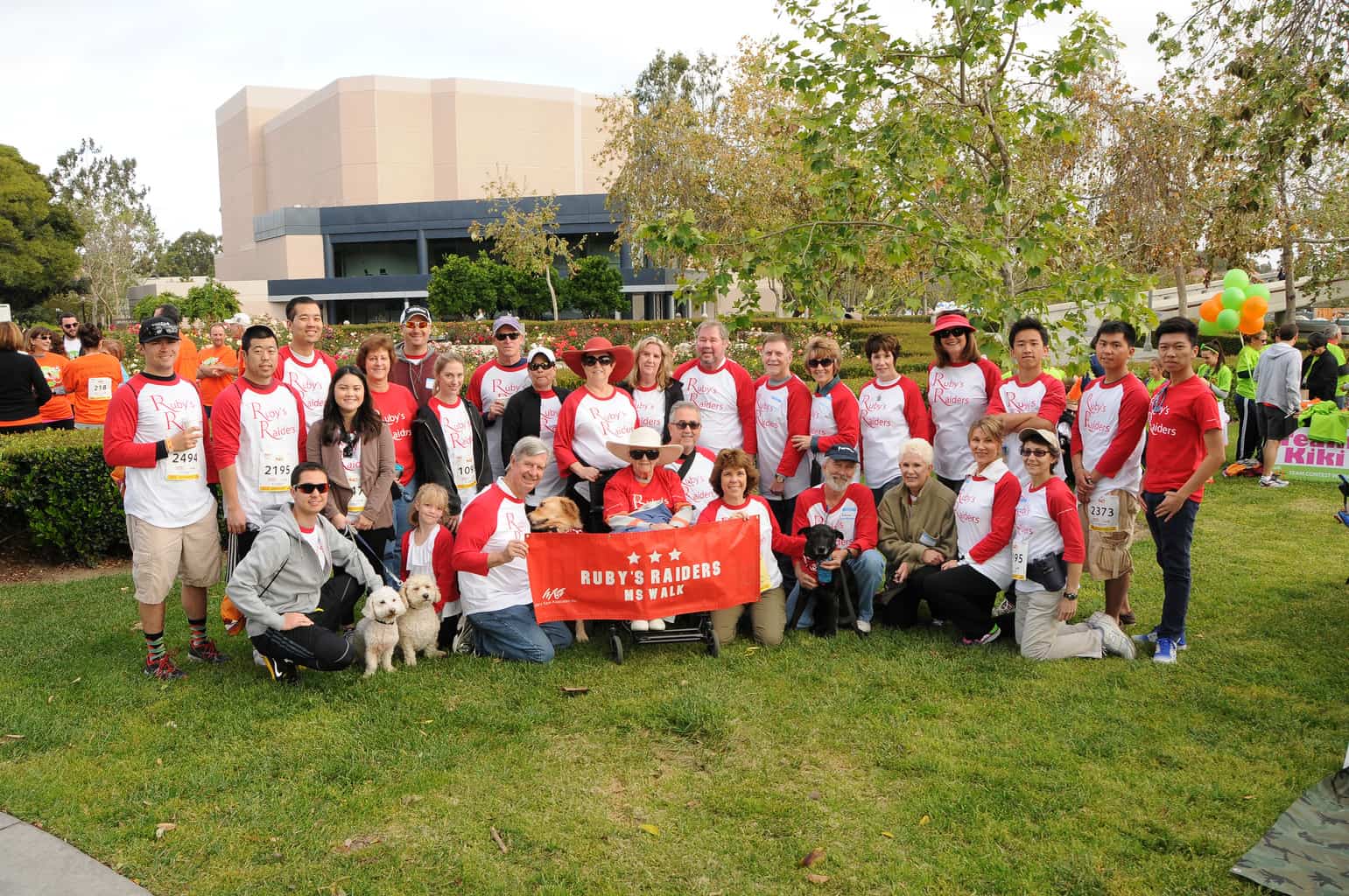Today, there are more platforms than ever before for brands to communicate with their constituents, and modern public relations now presents myriad opportunities for agencies to serve clients, especially through the explosive advent of social media.
Of course, the list of social media channels, which seems to be growing daily, allows the world to communicate back, and this relatively new two-way engagement has charted new territory for PR practitioners. It’s also created a proverbial double-edged sword. On the one hand, social media allows brands to craft, control and amplify their messages. On the other hand, however, brands are left vulnerable to a negative backlash, competing social media campaigns, disgruntled employees, unsatisfied customers, internet trolls and even opportunistic politicians.
In the world of financial services, where HKA supports some of the best and brightest companies, there’s an additional threat giving reason for concern – the regulators.
Providers of financial services are watched closely by an array of government agencies, and there are specific things advisory companies can say and things they cannot say, such as whether an investment will make a client any money. Basically, in finance nothing can be guaranteed, which makes sense when one considers how the capital markets work. When it comes to marketing investor relations, the grip on communications is tight. With social media, though, it’s practically hermetically sealed.
Especially for fiduciaries, the fear of getting dinged by the SEC is enough to scare many well-intentioned, marketing-minded wealth managers out of social media altogether, which is unfortunate because there’s so much to be gained (by posters and readers) from using social media channels properly. To help strike the right balance between Great Depression-era SEC standards and modern-day social media opportunities, consider the following:
- Edit closely: Make sure your social media content does not overtly endorse your own products or services – or those of your clients. Posts need to be crafted with extreme caution, applying the adage: “When in doubt, leave it out.” Missing out on favorable content is tough for a communications strategist to swallow, but it’s much easier to be self-disciplined than to be disciplined by regulators.
- Block what you can: On some platforms, the functions that allow members of the public to interact with the brand can be disabled. While this defeats the whole point of social media, it’s an easy solution to the troll problem. Some channels, including Facebook, require users to “Like” the page to view content. However, Facebook also lets page administrators select certain words to disqualify a comment from public consumption, consequently blocking unwelcome public comments without preventing people from engaging with the page.
- Leverage third-party credibility: One of the most effective social media practices is implying how great you are – without the baggage that comes with having to explicitly say it yourself. This can best be done by sharing favorable media placements. If a local newspaper declares your financial services company as the best place to work in the county, there is nothing audacious about sharing that positive news with your social media network. This approach gives brands control of what messages are spread through social media, and if they originate from a trusted media outlet, rather than the brand’s own marketing department, the messages are much more credible and authoritative.
- Promote company culture: Posting about business successes and corporate achievements works well. Meticulously crafted messages to attract new clients can be very effective. However, business development content, no matter how compliant, should not monopolize a social media account. At a minimum, one out of every four posts should promote corporate culture. Every office birthday party, philanthropic endeavor, holiday celebration, employee milestone and team excursion is fodder for social media. Especially in financial services, where much of the industry has an unfair reputation for being pedestrian, posts about a fun “Hawaiian Shirt Day” will go a long way toward changing minds. Business prospects and potential employees will be glad to see your human side.






